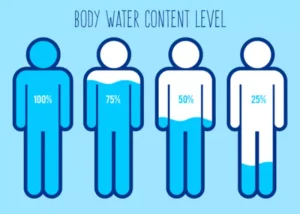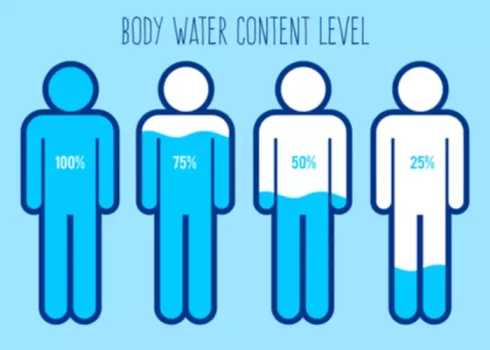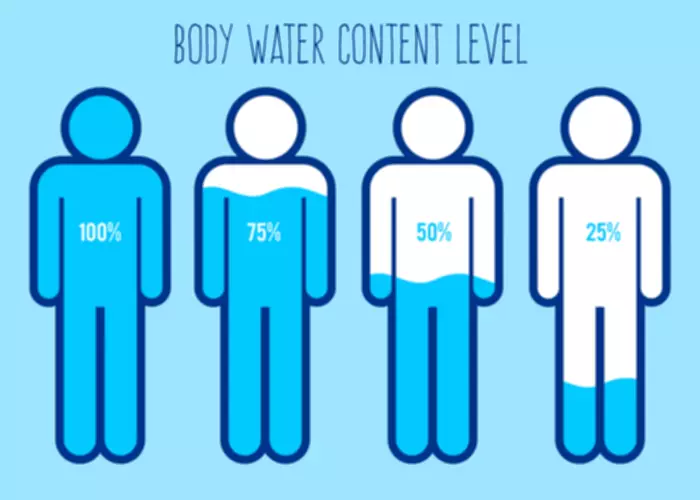
Different brain circuits are responsible for performing specific functions. Networks of neurons send signals back and forth to each other and among different parts of the brain, the spinal cord, and nerves in the rest of the body. Instead, look for ways that you can get the help that you need to get back on the right track. While yes, relapsing means failing to stay sober, it is important to remember that relapse is a part of the overall addiction process. It’s also important to remember that if you do relapse it is not an indication that you failed or that you are a failure.
もくじ
How to Help Someone Who is Experiencing a Relapse

Support networks can be tailored to individual needs and may include SAMHSA-approved recovery support groups or alternative programs. A support system’s presence and active involvement can make a transformative difference in the recovery journey. Relapse is when a person who has been trying to quit or has stopped using the substance or engaging in the behavior starts again. It’s a common part of the recovery process and doesn’t mean that the person has failed. These signs may not be present in everyone who’s beginning to relapse, but they are familiar cues to look out for.
- The collaborative nature of group therapy fosters a sense of community and accountability, which can be particularly beneficial in sustaining long-term recovery.
- Addiction is a multifaceted condition that extends beyond mere substance use, encompassing a wide array of psychological and physiological elements.
- Experimentation with drugs often marks the initial step in a person’s interaction with substances, which can sometimes lead to abuse and dependency.
- As another example, maybe your spouse starts having a glass of wine every night after trying some at a restaurant.
What role does behavioral therapy play in substance abuse treatment? #

As this cycle repeats, the likelihood of addiction grows until it’s realized. Thankfully, treatment works at each stage, whether you’ve just started or have been in active addiction for years. The areas in their brains that control decision-making, self-control, and judgment are still developing. Therefore, teens may be especially choose the correct cycle of addiction. prone to risky behaviors like taking drugs. These withdrawal symptoms include negative emotions and symptoms similar to what a person would share with a physical illness.
Family’s Role in Supporting Treatment

With determination, support, and access to appropriate resources, individuals can conquer the stages of addiction and achieve lasting recovery. In the initial stage of addiction, individuals engage in experimental or recreational substance use. This stage is characterized by curiosity, peer influence, or a desire to experience the effects of the substance. At this point, occasional or sporadic use may occur, and individuals may not display any Substance abuse significant signs of dependency or addiction.

Substance Use Facts
Dependence is another critical stage of addiction that refers to the body’s adaptation to the presence of a drug, requiring higher doses to achieve the same effects initially experienced. This escalation in dosage can further entrench the cycle of addiction, making treatment even more crucial at this stage and also necessitating medical care in order to recover. At the stage of physical dependence, drug addicts require medical care to detox from the substance, which should take place in an inpatient rehab center. After the onset of dependence, where higher doses of a substance are required to achieve the same effects, individuals often enter the stage of full-blown addiction. Addiction is characterized by compulsive drug seeking and use, despite the harmful consequences and potential risks to physical and mental health.

Strengthening Executive Control to Overcome Addiction Triggers
Particularly among young people, experimentation is often accepted or even encouraged, but it is important to remember that experimentation isn’t always harmless. Particularly if teens exhibit certain risk factors for addiction, experimentation can be an easy pathway to a long future of substance use disorders. Many people will never move beyond Stage 1 experimentation, but most who progress beyond Stage 2 will, in fact, develop an addiction. Below is a breakdown of the 4 stages of drug addiction so that you can learn how to identify the four stages of substance abuse, recognise symptoms and signs of addiction, and know what to do about it. When facing the challenges of addiction, seeking help and embarking on the journey of recovery is a courageous and vital step.
- As with any attempt to stop substance misuse and abuse, there are withdrawal symptoms.
- As someone’s substance use increases, so does their tolerance and physical dependence on the substance.
- Understanding the triggers and circumstances that led to relapse can help individuals and their support teams refine their recovery strategies and strengthen their resolve to stay on the path to sobriety.
- BetterHelp can connect you to an addiction and mental health counselor.



























